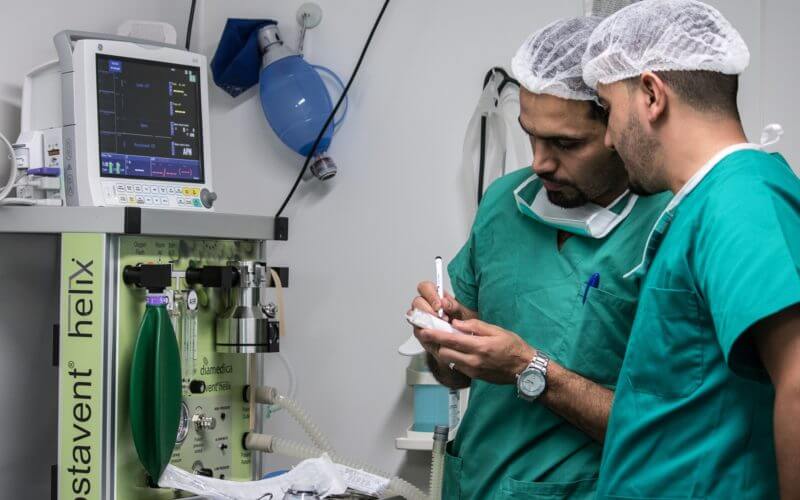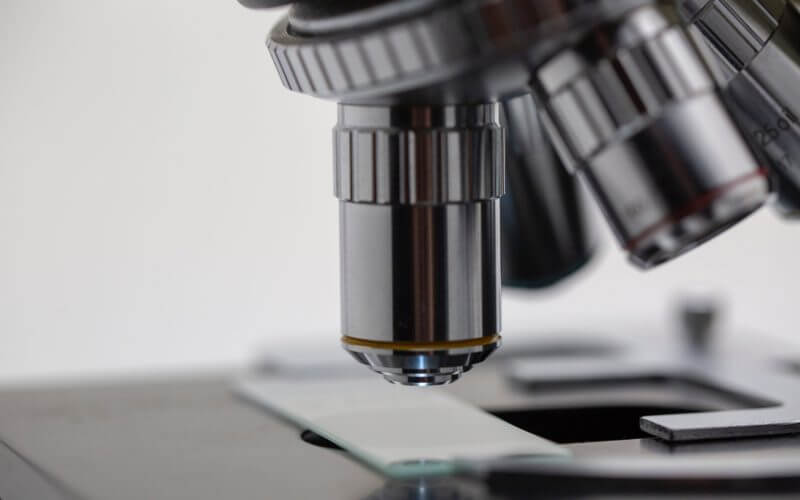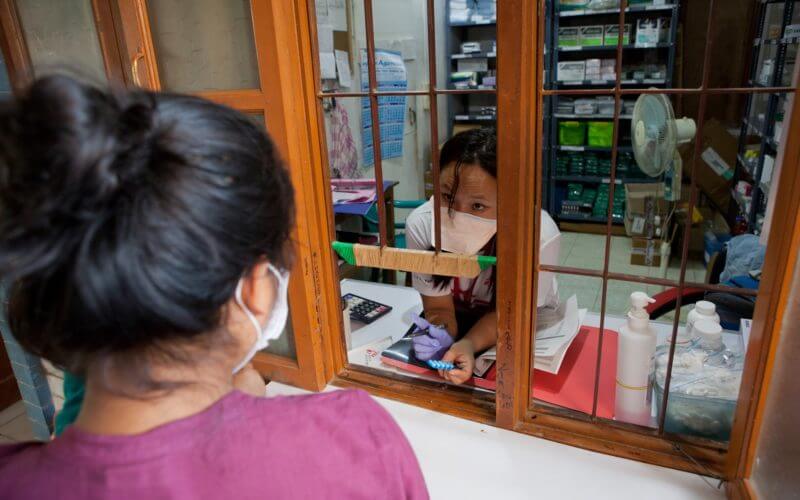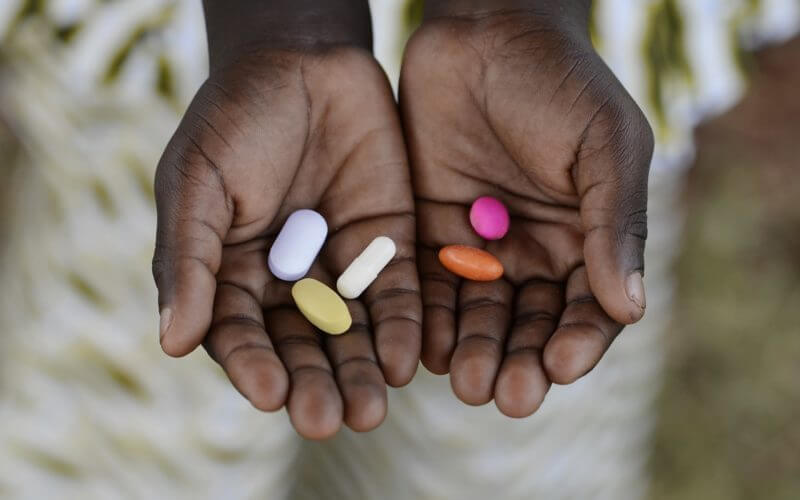Serious bacterial infections
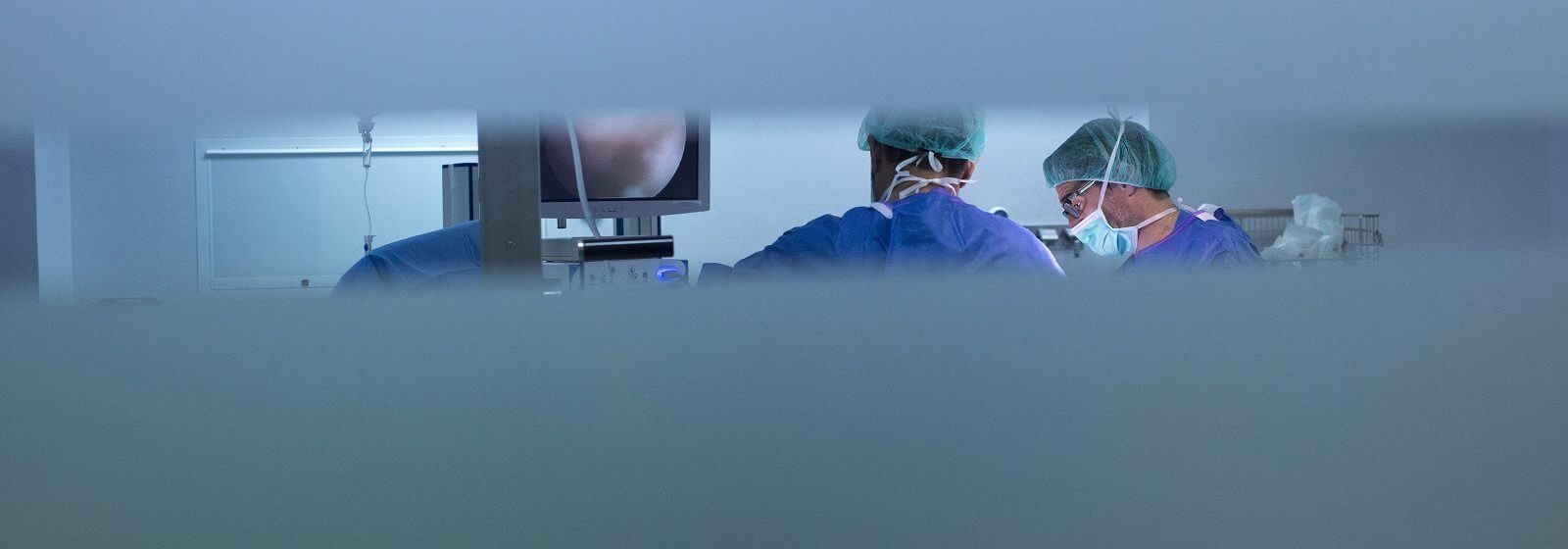
Serious bacterial infections are a major cause of death in hospitals and healthcare settings. Bacteria can enter the body through wounds and surgery sites, ventilators and catheters, leading to pneumonia, urinary tract, abdominal and bloodstream infections. The Global Antibiotic Research and Development Partnership (GARDP) is working to develop new treatments for these serious bacterial infections, focusing on treatments for drug-resistant bacteria on the World Health Organization’s (WHO) priority pathogens list.
In Europe, hospital infections cause 37,000 deaths and contribute to an additional 110,000 deaths every year; in the US they are responsible for 98,000 deaths every year. In low- and middle-income countries, where surveillance less data is available, indicators paint a grim picture. Infections associated with ventilators and catheters in low resource countries are up to 13 times higher than in the United States. The rate of hospital infections among newborns in low-income countries is up to 20 times higher than in high-income countries.
Drug resistance makes these infections more difficult to treat. In turn, surgical procedures and chemotherapy carry greater risk. In the USA, between 39% and 51% of bacteria causing surgical site infections, and 27% causing infections after chemotherapy, are now resistant to commonly used antibiotics.
Addressing serious bacterial infections
The most difficult to treat infections in hospitals are caused by Enterobacterales, Pseudomonas aeruginosa and Acinetobacter bacteria. Known as Gram-negative bacteria, they have built-in abilities to find new ways to resist treatment and can pass along genetic material that allows other bacteria to become drug resistant as well.
These bacteria have become resistant to many commonly used antibiotics, including carbapenems, a class of antibiotics reserved for multidrug-resistant infections. They are identified by the WHO as ‘critical level’ priority pathogens urgently requiring new treatments and among the greatest threats to health. GARDP is working with partners to develop urgently needed treatments for these priority bacteria, but more global action is required to tackle this urgent threat.
A new treatment for multidrug-resistant infections
Since April 2020, GARDP and Venatorx Pharmaceuticals have had a collaboration agreement to accelerate the development of cefepime-taniborbactam, an antibiotic combination that has activity against some of the most resistant bacteria, including carbapenem-resistant Enterobacterales and multidrug-resistant Pseudomonas aeruginosa. These bacteria have been identified as priority pathogens in urgent need of new treatments by the World Health Organization.
In March 2022, GARDP welcomed positive results in a Venatorx phase 3 clinical trial of cefepime-taniborbactam. The New Drug Application is on track to be filed with the US Food and Drug Administration in the fourth quarter of 2022. If approved, cefepime-taniborbactam will be the first new antibiotic treatment to be launched in collaboration with GARDP since its foundation.
Under its collaboration agreement with Venatorx, GARDP is responsible for the development of cefepime-taniborbactam for paediatric/neonatal populations. GARDP will also participate in the clinical studies needed to generate medical evidence for the proper use of cefepime-taniborbactam in the treatment of adults with multidrug-resistant infections.
GARDP and Venatorx are committed to working together to distribute cefepime-taniborbactam on an affordable basis worldwide. GARDP has exclusive rights to distribute and sub-distribute cefepime-taniborbactam in certain low- and lower middle-income countries, as well as in the public markets in India and South Africa. Download collaboration overview .
“Hospitals should be places people go to heal, but around the world many patients acquire life-threatening infections in hospitals. WHO is delighted that GARDP is entering into this new partnership to drive the development of urgently needed new antibiotics for such drug-resistant hospital-acquired infections.”
– Dr Tedros Adhanom Ghebreyesus, Director-General of the World Health Organization
Warning: getimagesize(): https:// wrapper is disabled in the server configuration by allow_url_fopen=0 in /home/clients/c9b0ed6b0786a56afdaf5611fa7b11b2/web/old/wp-content/themes/gardp/template-parts/content-page-sections.php on line 46
Warning: getimagesize(https://old.gardp.org/wp-content/uploads/2020/04/SBI_Webpage-Tile_003.png): failed to open stream: no suitable wrapper could be found in /home/clients/c9b0ed6b0786a56afdaf5611fa7b11b2/web/old/wp-content/themes/gardp/template-parts/content-page-sections.php on line 46
Notice: Trying to access array offset on value of type bool in /home/clients/c9b0ed6b0786a56afdaf5611fa7b11b2/web/old/wp-content/themes/gardp/template-parts/content-page-sections.php on line 46
The burden of serious bacterial infections is significantly higher in developing countries, compared with high-income countries, in particular in people admitted to adult and neonatal intensive care units. Unavailable drugs and insufficient supplies also put lives at risk. GARDP is working to ensure newly developed treatments are available to every person who needs them, wherever they live.
Warning: getimagesize(): https:// wrapper is disabled in the server configuration by allow_url_fopen=0 in /home/clients/c9b0ed6b0786a56afdaf5611fa7b11b2/web/old/wp-content/themes/gardp/template-parts/content-page-sections.php on line 40
Warning: getimagesize(https://old.gardp.org/wp-content/uploads/2019/08/SBI_Webpage-Tile_004.png): failed to open stream: no suitable wrapper could be found in /home/clients/c9b0ed6b0786a56afdaf5611fa7b11b2/web/old/wp-content/themes/gardp/template-parts/content-page-sections.php on line 40
Notice: Trying to access array offset on value of type bool in /home/clients/c9b0ed6b0786a56afdaf5611fa7b11b2/web/old/wp-content/themes/gardp/template-parts/content-page-sections.php on line 40
Many medicines are only designed for adults. Half of medicines prescribed for children have not been developed specifically for them or have not been proven to be safe and effective for their use. GARDP is working with partners to ensure newly developed treatments for serious bacterial infections are evaluated for use in children. Read more about GARDP’s programme in the publication In Focus: Serious Bacterial Infections.
Download In Focus: Serious Bacterial Infections >
Prioritizing pathogens and saving lives
The WHO ‘priority pathogens list’ is a catalogue of drug-resistant bacteria that pose the greatest threat to health. The list was drawn up to guide research and development of new antibiotics. There are three tiers within the list: critical, high and medium. The most critical group includes multidrug-resistant bacteria that pose a particular threat in hospitals and healthcare settings, and among people whose care requires devices such as ventilators and catheters. GARDP’s work to develop treatments for serious bacterial infections focuses on these critical-level pathogens.
Sustainable Development Goals
GARDP’s mission to develop treatments for drug-resistant infections, for every person who needs them, is aligned with Sustainable Development Goal 3: Ensure healthy lives and promote well-being for all at all ages. Targets within this goal, known as SDG3, include ending preventable deaths of newborns and children, supporting the research and development of medicines for diseases that disproportionately impact developing countries, and ensuring access to effective and affordable essential medicines.
Partnering to prevent a global health emergency

The economic cost of hospital infections
Serious bacterial infections lead to longer hospital stays, long-term disability and more preventable deaths. This hurts economic growth, costing the European economy €7 billion and US economy $6.5 billion annually. In low- and middle-income countries, indicators suggest the financial impact is more severe. Developing new treatments to fight serious bacterial infections frees up more money to invest in healthcare and fuels economic development.
GARDP is working to develop five treatments for drug-resistant infections by 2025. By partnering with GARDP you support lifesaving work to develop new treatments, for every person who needs them.
